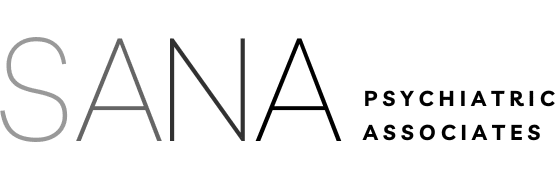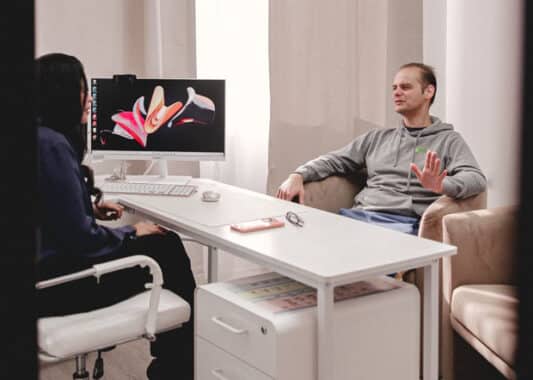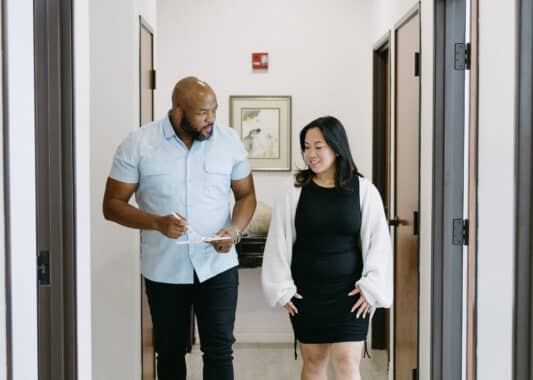Understanding & Treating ADHD
ADHD, which stands for Attention-Deficit/Hyperactivity Disorder, is a neurodevelopmental disorder that affects individuals of all ages. It is characterized by persistent patterns of inattention, hyperactivity, and impulsivity that can significantly impact daily functioning and development.
While ADHD is most often diagnosed in children, many adults struggle with ADHD symptoms. If you are diagnosed with ADHD as an adult, you may have had the condition for years, but managed to cope and adapt to your symptoms.
It’s essential for individuals with ADHD to work closely with healthcare professionals, such as psychiatrists, psychologists, or specialized ADHD coaches, to develop a comprehensive treatment plan that addresses their specific needs. Regular monitoring, follow-up appointments, and adjustments to the treatment plan are crucial to ensure ongoing effectiveness.





